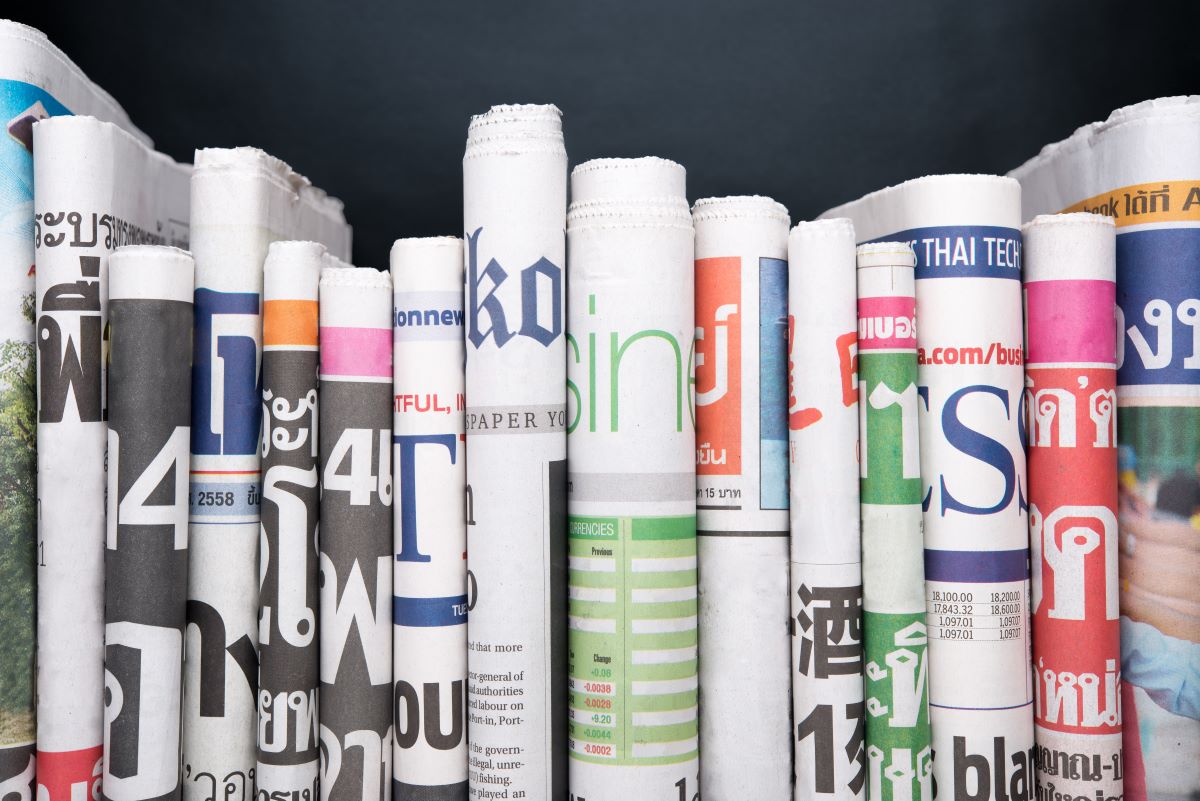British tabloids aren’t just about gossip and scandal—they’re a potent instrument of misinformation and manipulation. Ever wondered how much of what you read is spun to serve hidden agendas? Here’s a critical look at 21 ways our tabloids distort reality and divert attention.
1. The Phone Hacking Scandal’s Hidden Truth

The News of the World phone hacking scandal, which erupted in 2011, unearthed a web of corruption involving illegal surveillance of celebrities and even crime victims. This scandal underscored the alarming extent to which tabloids exploit private lives for profit.
2. The Brexit Fiasco: Tabloid Influence
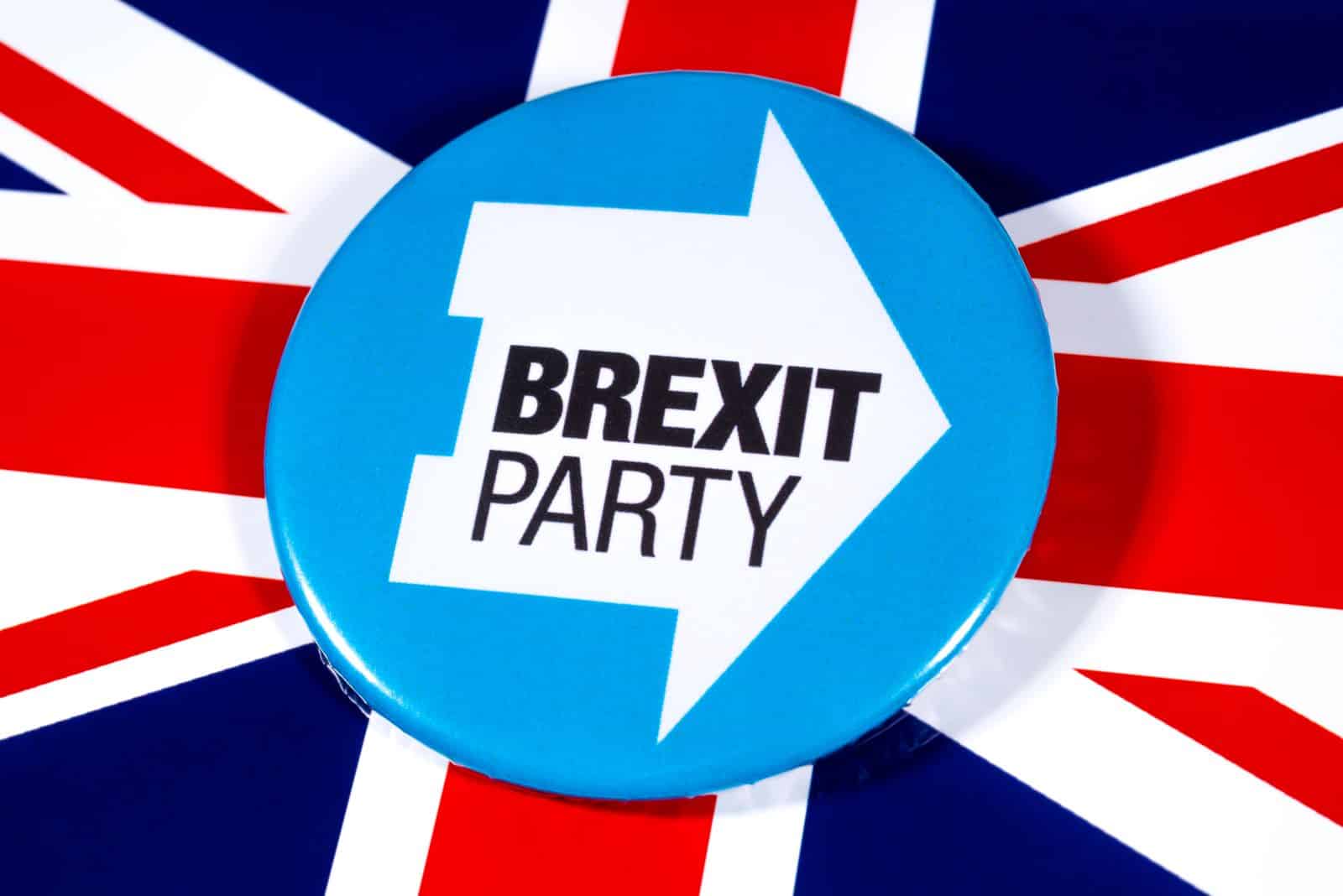
During the Brexit referendum, tabloids like The Sun and The Daily Mail spread misleading information about the EU. Their sensationalist claims about immigration and sovereignty played a pivotal role in shaping the referendum’s outcome.
3. The Boris Johnson Media Favouritism
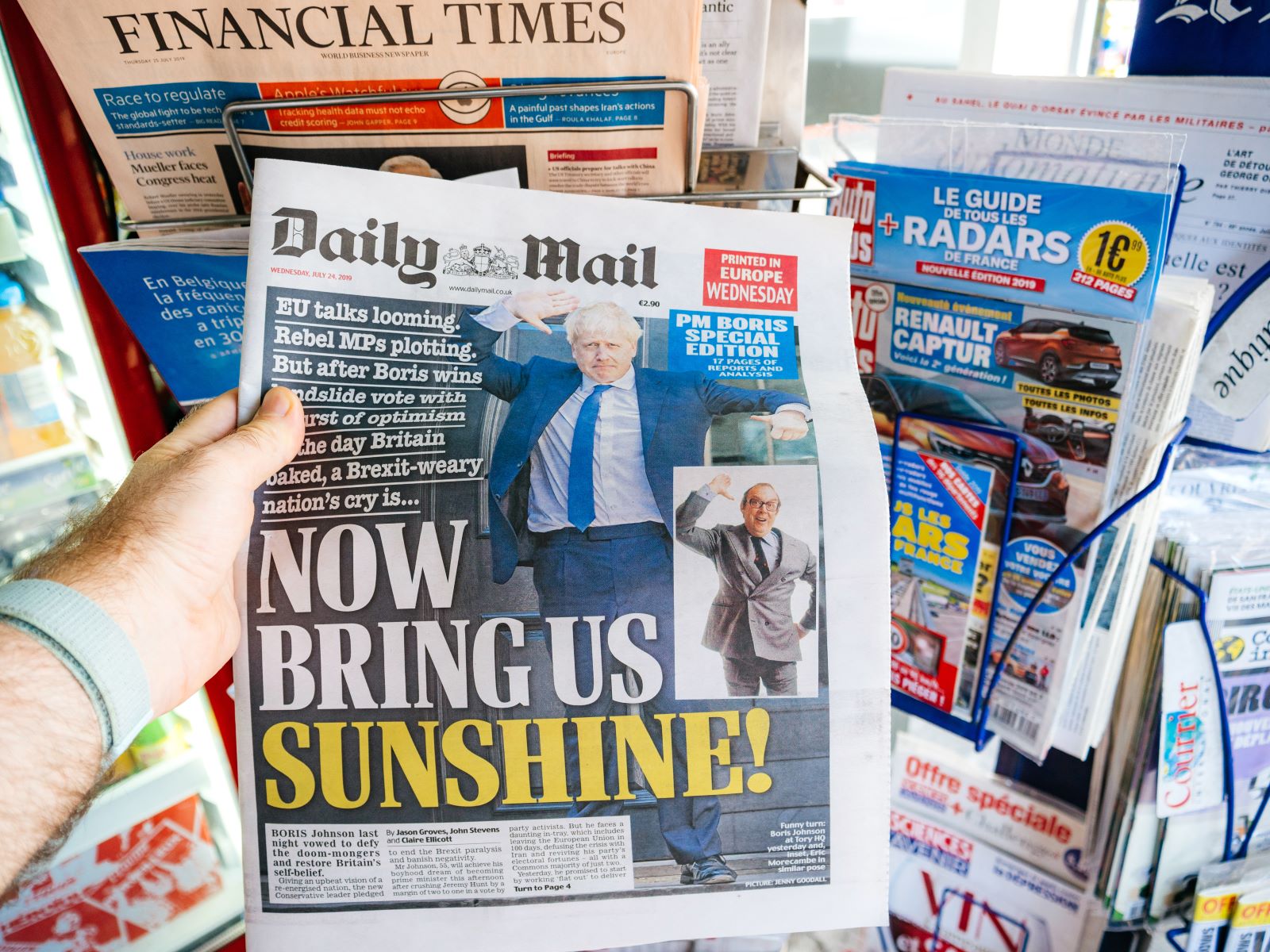
Boris Johnson received disproportionately favourable coverage from tabloids, notably The Sun and The Daily Mail. This biased reporting helped him dodge serious criticism for his controversial handling of the pandemic and Brexit.
4. Blair and Murdoch: A Damaging Alliance

Tony Blair’s alignment with Rupert Murdoch’s media empire shaped public discourse, especially during the Iraq War. The Sun and other Murdoch outlets supported Blair’s policies, demonstrating how media moguls can influence government actions.
5. Scandals Over Substance: The Tabloid Focus
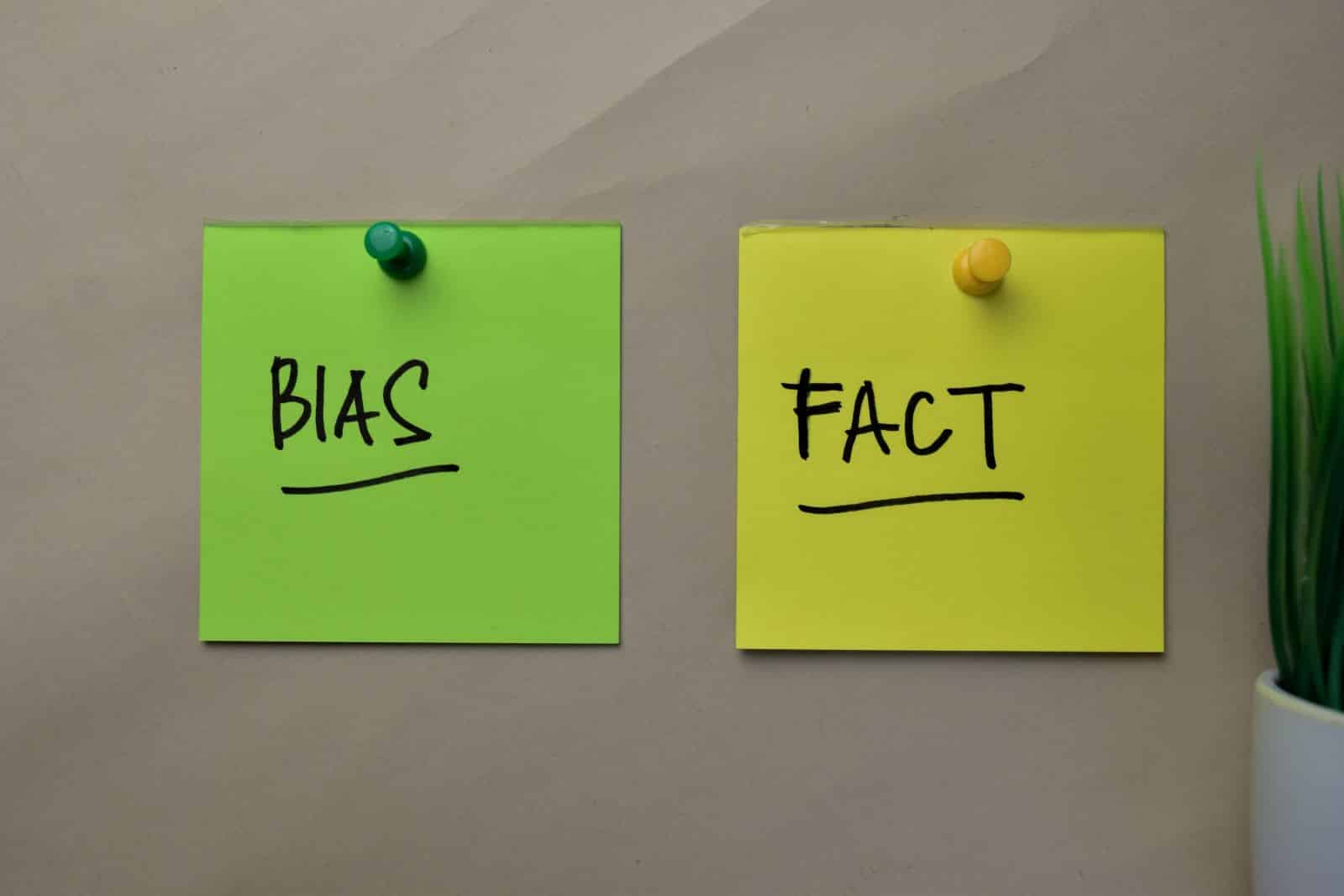
Tabloids often fixate on personal scandals rather than substantive policy issues. For instance, the relentless coverage of Boris Johnson’s private life overshadowed important discussions about his leadership and governance.
6. Climate Change Denial and Tabloid Reporting

Despite scientific consensus, tabloids like The Express have frequently promoted climate change denial. Their misleading coverage contributes to public confusion and hinders meaningful climate action.
7. Anti-Immigrant Rhetoric
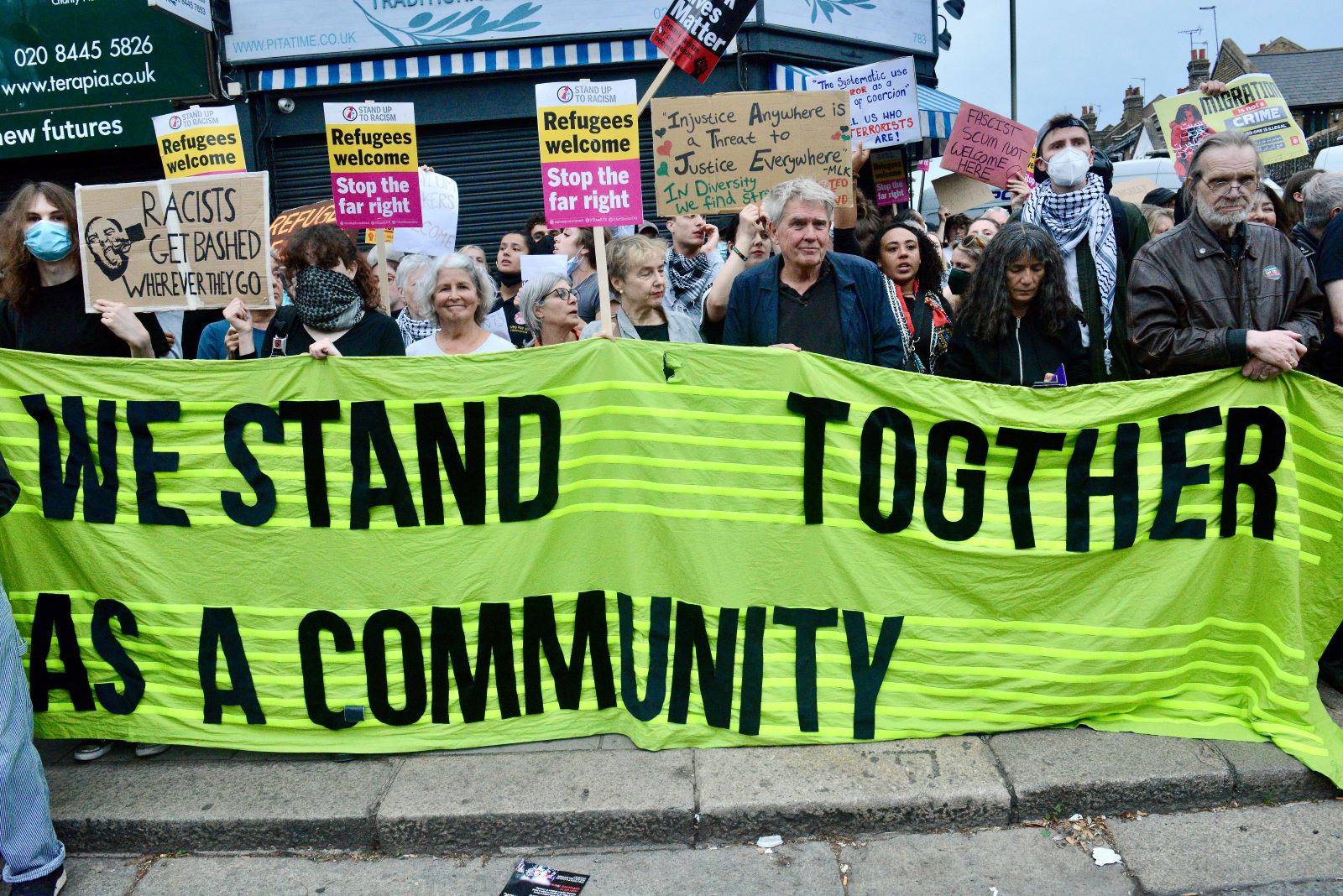
Tabloids such as The Daily Mail have a history of publishing xenophobic stories, particularly during the Syrian refugee crisis. This sensationalist approach exacerbates public fears and fosters a hostile environment for immigrants.
8. Corporate Misconduct Covered Up

Tabloids often turn a blind eye to corporate scandals, likely influenced by lucrative advertising deals. This lack of scrutiny allows businesses to evade accountability, as seen with minimal coverage of high-profile corporate fraud cases.
9. Tabloid Exploitation of Terror Attacks

Following terror attacks, tabloids have been known to sensationalise the events for commercial gain. This exploitation not only increases public fear but also distorts the realities of terrorism.
10. Health Scares and the Tabloid Effect

Tabloid newspapers frequently publish alarmist and contradictory health advice. This sensationalist reporting can mislead the public and undermine trust in legitimate health information.
11. The Political Bias of Tabloid Reporting

Tabloids often exhibit clear political bias, reflecting the interests of their owners rather than objective journalism. This bias shapes public perceptions of political figures and policies.
12. The War on Terror: Tabloid Backing

In the wake of 9/11, tabloids were largely supportive of aggressive counter-terrorism measures. Their uncritical stance contributed to the widespread acceptance of controversial policies.
13. Tabloid Scapegoating of Welfare Recipients

During economic downturns, tabloids often vilify welfare claimants as lazy or fraudulent. This scapegoating diverts attention from systemic economic issues and stigmatises those in need.
14. Suppression of Progressive Movements
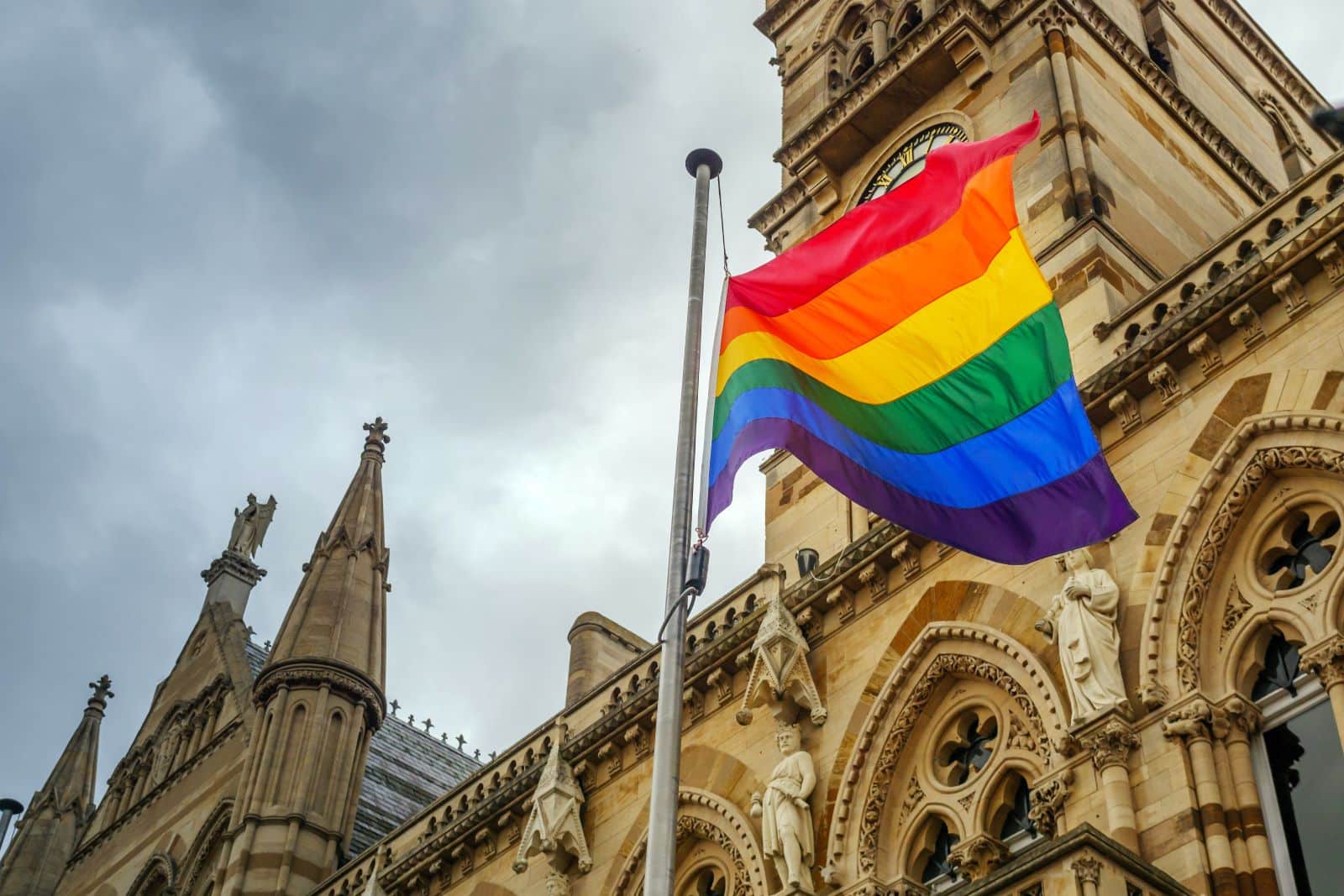
Tabloids often downplay or criticise progressive movements advocating for social justice. This selective reporting helps maintain the status quo and resist meaningful social change.
15. The Commercialisation of Tragedy

Tabloids frequently turn personal tragedies into sensationalist stories for profit. This practice not only exploits victims but also diminishes the public’s empathy and understanding.
16. Historical Revisionism for Modern Agendas
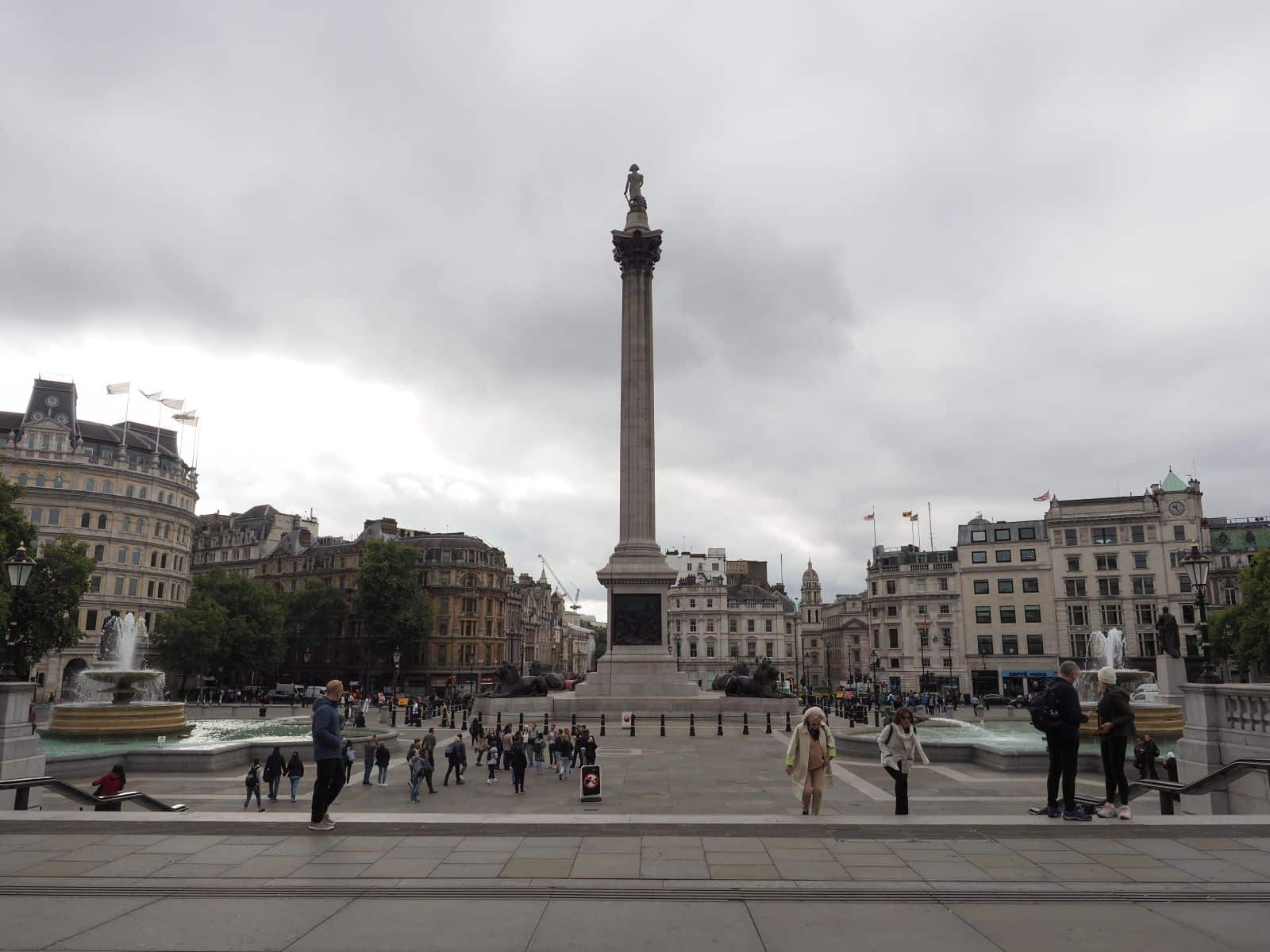
Tabloids sometimes distort historical facts to serve current political agendas. This revisionism influences public understanding of history and can affect national identity.
17. Misleading Election Coverage
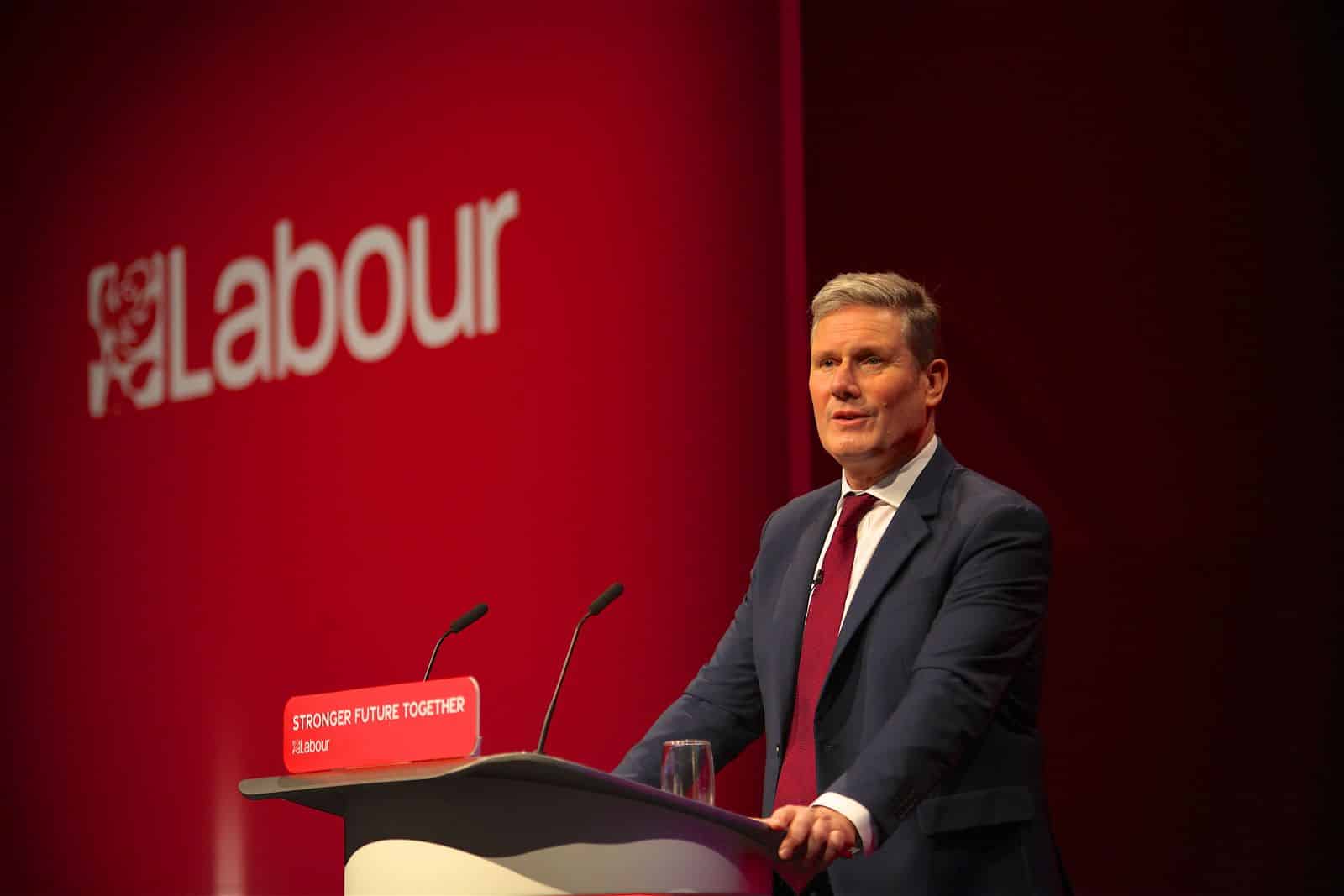
During elections, tabloids play a key role in shaping voter perceptions through biased reporting. This manipulation often aligns with the political and business interests of media owners.
18. The Tabloid Influence on Public Sentiment

Tabloids wield significant power in shaping public opinion through selective reporting and sensationalism. This influence can skew perceptions and affect societal attitudes on a wide range of issues.
19. Health Misinformation and Public Confusion

The contradictory and alarmist health stories published by tabloids contribute to widespread public confusion. This misinformation undermines effective public health communication.
20. Undermining Political Opponents
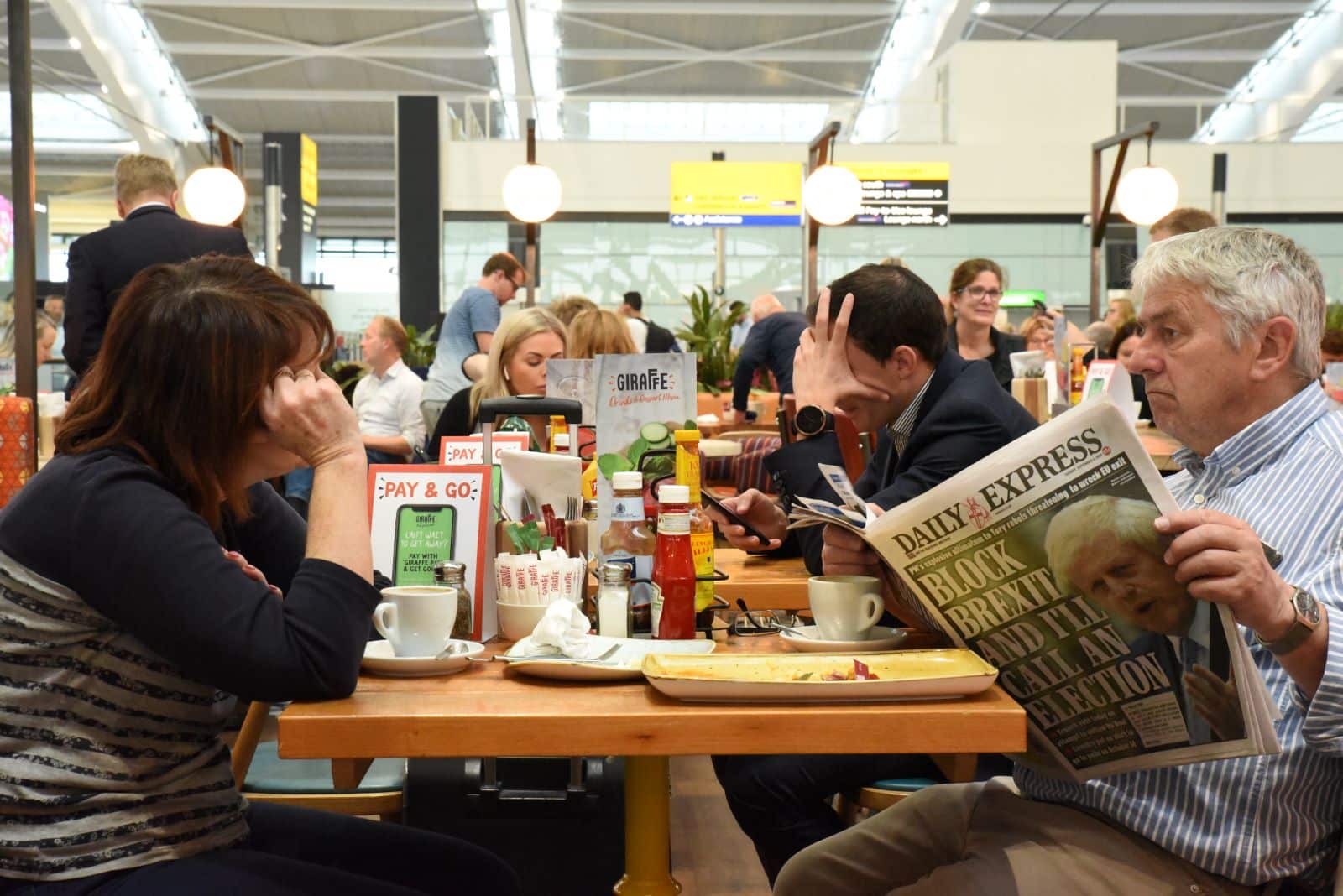
Tabloids frequently launch personal attacks on politicians who challenge their interests. This strategy discredits opposition figures and manipulates public opinion to favour media-preferred candidates.
Wake Up and Smell the Spin

Britain’s tabloid media is a masterclass in distraction and distortion. It’s time to question the headlines and demand a more honest and transparent media landscape.
Featured Image Credit: Shutterstock / Bohbeh.
For transparency, this content was partly developed with AI assistance and carefully curated by an experienced editor to be informative and ensure accuracy.
The images used are for illustrative purposes only and may not represent the actual people or places mentioned in the article.

